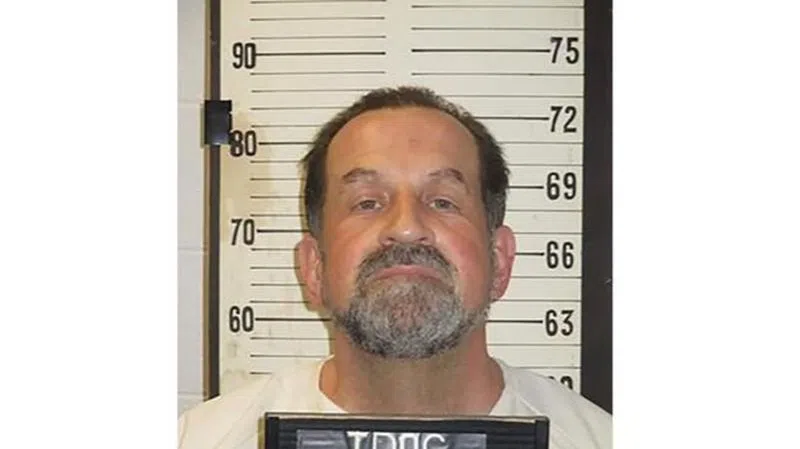
Tennessee man gets electric chair for killing fellow inmate
NASHVILLE — A convicted murderer was put to death in Tennessee’s electric chair Thursday, becoming the state’s fifth prisoner over 16 months to choose electrocution over the state’s preferred method of lethal injection.
Nicholas Sutton, 58, was pronounced dead at 7:26 p.m. at the Riverbend Maximum Security Institution in Nashville.
Asked if he had any last words, Sutton looked directly into the witness room and spoke clearly.
“I would like to thank my wife for being such a good witness to the Lord, and my family and many friends who loved and supported me and tried so very hard to save my life,” Sutton said.
